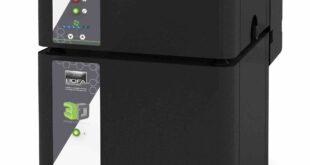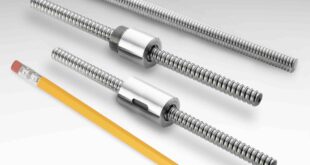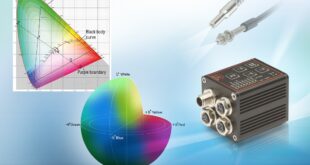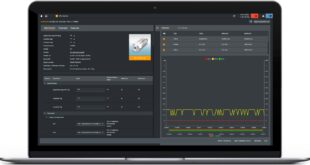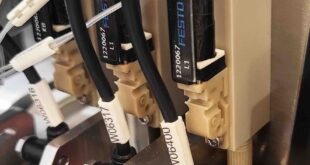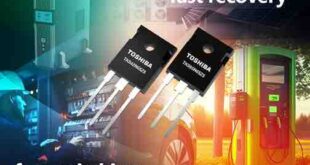Ultraviolet (UV) dechlorination technology from Hanovia is playing a critical part in the ongoing treatment of patients with kidney disease at the Hospital of St Cross in Rugby, Warwickshire.
Hanovia’s PharmaLine DC UV system is helping perform the vital task of purifying the water used in dialysate fluid for renal dialysis, by lowering the amount of chlorine present. This is enabling the hospital to meet the strict water quality specification demanded by the Renal Association for use in renal dialysis, to help ensure that the dialysate fluid is clean and safe.
Purified water plays a fundamental role in the provision of renal dialysis for patients with chronic kidney disease. More than 99% of the dialysate fluid used in the procedure is composed of purified water, and the key purification process in this application is reverse osmosis (RO).
The Renal Association specifies that in the dialysis procedure, there must be <0.1 ppm of total chlorine (free chlorine plus combined chlorine) in the feed water to the renal RO systems at a water temperature of <30° C.
The renal water treatment system at the Hospital of St Cross was previously using activated carbon filtration (ACF) for chlorine removal prior to the RO process.
However, the water’s high total organic carbon (TOC) concentration challenged the capacity of the ACF to remove chlorine, which risked breaching the < 0.1 ppm total chlorine limit.
The hospital therefore required a dechlorination solution which would remove the chlorine before the ACF on high TOC water, and Hanovia offered to supply its PharmaLine DC UV system.
The system – which not only helps control the level of chlorine, but also provides a treatment barrier for any microbial contamination – was installed at the hospital’s renal dialysis unit.
Installation into the plant room was straightforward, with the system being able to fit into existing pipework without any problems.
Following installation, the UV dechlorinated the renal dialysis water and delivered the desired < 0.1 ppm of total chlorine in the feed water to the ACF and RO units.
“The quality of the purified water we use in dialysate fluid for renal dialysis is critical for our patients’ health,” said Paul McCabe, renal dialysis unit site manager at the Hospital of St Cross. “The purification process is challenging, especially considering the strict water quality demands stipulated by the Renal Association. The support we have received from Hanovia in delivering this solution has been fantastic, with the company ensuring the implementation was managed efficiently. The PharmaLine DC UV system requires minimal operator intervention, and both its ease-of-use and its results in effectively reducing chlorine have been highly impressive.”
 Engineer News Network The ultimate online news and information resource for today’s engineer
Engineer News Network The ultimate online news and information resource for today’s engineer
